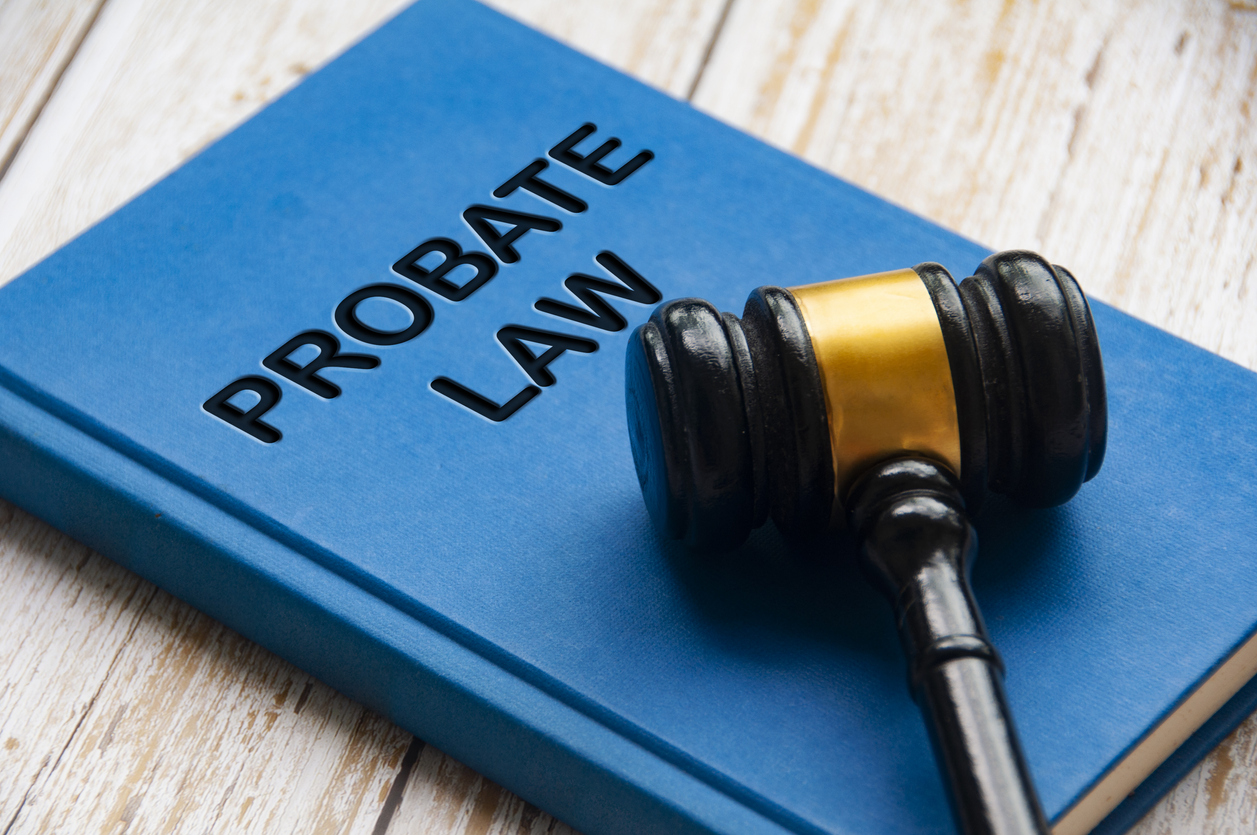How to Pass the Family Home to Your Children- Annapolis and Towson Estate Planning
Family home ownership is a part of the American Dream. It is often a family’s largest asset and a means of gaining an economic foothold. Many families who choose to leave their homes to their children hope to avoid probate, says the article “Leaving Your Home To Your Kids While Avoiding Probate Litigation” from Realty Biz News. Probate is the court-supervised process where a deceased person’s assets are examined, the will is reviewed, and beneficiaries and the executor are determined.
Probate was designed to ensure that potential creditors can pursue claims against the estate and provide a forum to identify the correct beneficiaries who should receive the deceased person’s property. Probate is more common when there is no will or when the bulk of a person’s property has been left to a third party, such as a significant other, a second spouse, or an organization.
How can you ensure that the family home you want to leave to your children ends up with your children without having to go through probate?
The three most common ways of gifting the family home to another person are through your will, a living trust, or titling the property deed. An estate planning attorney can help plan this as part of your entire estate plan.
A will is a legally binding document outlining what you want to happen to your home and all of your assets. The people named as recipients of real estate and any other assets are known as beneficiaries. The will goes through probate to validate the will, in case there are any questions about your instructions. Any outstanding debts must be paid before assets can be distributed.
A living trust, also called a Revocable Trust, distributes assets, including homes. Once the living trust is created, assets can be added to it. You’ll still own and control the assets while you are living. However, once you pass, the items are transferred to the trust. The language of the trust will determine when and how assets are passed to beneficiaries.
If you create the trust but neglect to retitle the deed, your home will go through probate upon your death. If you plan to use a living trust, prepare one as soon as possible and retitle any assets you want to place in the trust once the trust is created. Assign a trustee who will be in charge of following instructions in the trust.
Modifying your home’s deed is another way to pass your home to family members. Depending upon your state, you may be able to change the deed to a Transfer of Deed or TOD, which gives you complete control of the home and the ability even to take out a reverse mortgage on your home if you need funds. You can also retitle the home to Joint Tenant with Right of Survivorship. However, any decisions about the home, like a reverse mortgage or a home equity loan, must be approved by the joint tenant.
Titling the home as Tenant by the Entireties is used in about half the states. It applies only when the property owners are married.
Passing on the family home to children should be done with the help of an experienced estate planning attorney. There are tax implications to be considered, as well as the family’s dynamics. For some families, this is a welcome and sensible decision. However, in others, there may need to be certain protections put into place to prevent family disputes and possible litigation.
Reference: Realty Biz News (July 12, 2023) “Leaving Your Home To Your Kids While Avoiding Probate Litigation”
Contact us to review your estate plan with one of our experienced estate planning attorneys!
Sims & Campbell, LLC- Annapolis and Towson Estate Planning Attorneys









